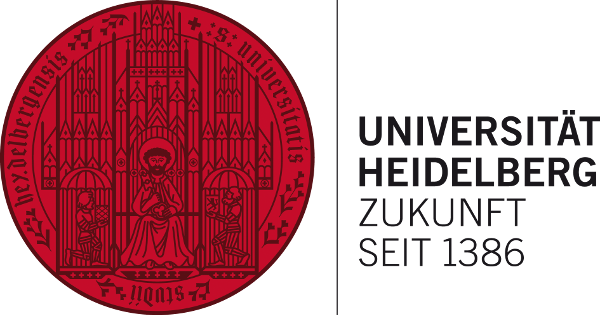Heidelberg University: Research Center For Aramean Studies Formally Inaugurated
A new research unit at Heidelberg University – the Research Center for Aramean Studies – will focus not only on the Semitic language Aramaic but also on the literature, art, history, sociology and migration of Arameans, with special consideration of the recent experience of diaspora. The research unit started work last winter semester at the Semitic Studies division of the Department of Languages and Cultures of the Near East and will be officially opened at a ceremony on 29 July 2022. The guests at the inauguration include Archbishop Mor Philoxenus Mattias Nayis of the Syrian-Orthodox Archdiocese in Germany and Theresia Bauer, Baden-Württemberg’s Minister of Science, Research and the Arts.
Aramaic, with its different linguistic levels and dialects, has been extant for approx. 3,000 years, making it the oldest recorded Semitic language, says Prof. Dr Michael Waltisberg, director of the new research unit. “In pre-Islamic times, about 2,000 years ago, it was the lingua franca of the Middle East. Its most famous speaker was undoubtedly Jesus Christ,” the researcher, who represents Semitic Linguistics at the Department of Languages and Cultures of the Near East at Heidelberg University, adds. Modern Arameans originated in a territory spread over several Middle Eastern countries – the south east of present-day Turkey as well as Syria, Iraq, Iran and Lebanon. According to Prof. Waltisberg, Aramaic as an everyday language is threatened with extinction through wars and persecution, and also due to displacement and exile.
The Research Center for Aramean Studies is devoted to studying and preserving the history, language and culture of the Arameans, who nowadays often live scattered in diaspora, including in Germany. “With our work we want to establish Aramean Studies more strongly as a research field. At the same time, our concern is to contribute to a better understanding of the religious diversity in the Middle East, in both academia and in society, and to strengthen the integration of Arameans in Germany,” says Prof. Waltisberg. Besides research projects, the research unit organises courses and coordinates cooperation with researchers in Germany and abroad. The new unit with a scientific advisory board, composed of three members, and two academic staff is sponsored by NISIBIN – Foundation for Aramean Studies, which is headquartered in Heidelberg.
Josef Kaya, Chair of the Board of NISIBIN – Foundation for Aramean Studies, will open the inaugural ceremony in the presence of the archbishop and the minister of research. Greetings will come from Prof. Waltisberg and Prof. Dr Werner Arnold, Rector of the Hochschule für Jüdische Studien Heidelberg and Michael Waltisberg’s predecessor as Professor of Semitic Studies at Heidelberg University. Prof. Dr Anja-Désirée Senz, Vice-Rector for Student Affairs and Teaching, will address the gathering on behalf of Ruperto Carola. The key-note speaker on the topic “Wissenschaft im dritten Raum. Orte diasporistischen Wissens” is Prof. Dr Mihran Dabag, founding director of the Institute for Diaspora Research and Genocide Studies at the University of Bochum. Prof. Dabag is a member of the scientific advisory board at the Research Center for Aramean Studies. Felicitas Laxa (violin) and Mane Davtyan (piano) will provide the musical setting.

